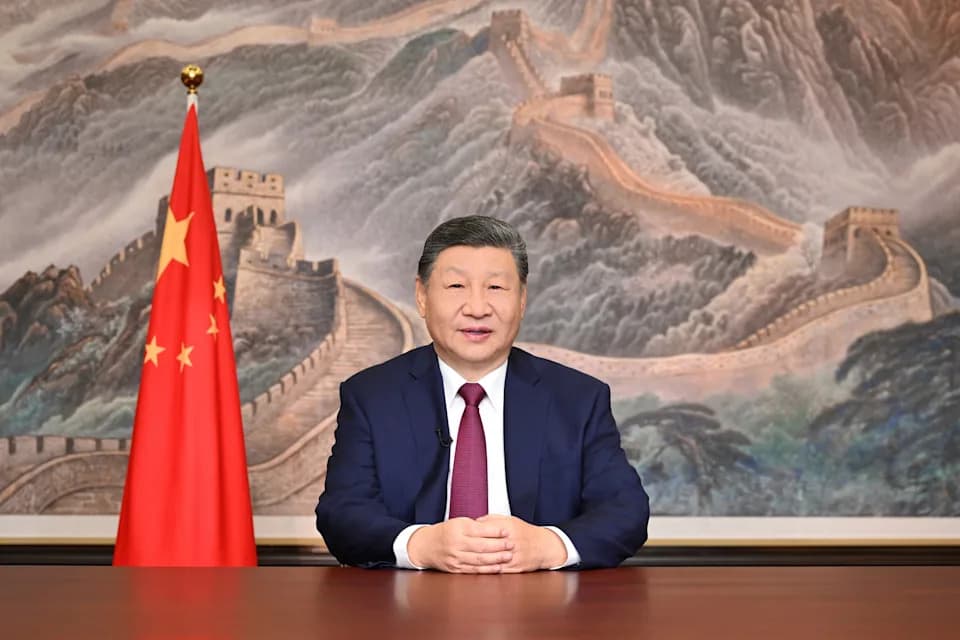Japan has resumed seafood exports to China for the first time since Beijing's August 2023 restrictions tied to treated wastewater from the Fukushima Daiichi plant. A 6 metric ton shipment of Hokkaido scallops was dispatched this week after China said in June it would relax some import restrictions. Bans remain on seafood from Fukushima and nine nearby prefectures, and Tokyo continues to press Beijing to lift those measures and restart beef imports. The IAEA has assessed that Japan's treated releases meet international safety standards.
Japan Restarts Seafood Exports to China After Two-Year Ban Over Fukushima Water Release

Japan resumes seafood shipments to China
TOKYO — Japan announced on Friday that it has resumed exporting seafood to China for the first time since Beijing imposed broad restrictions following the release of treated radioactive wastewater from the tsunami-damaged Fukushima Daiichi nuclear plant more than two years ago.
Chief Cabinet Secretary Minoru Kihara told reporters that a shipment of 6 metric tons (6.6 tons) of scallops harvested in Hokkaido was sent to China on Wednesday, marking the first such consignment to that market since Beijing halted imports in August 2023.
Beijing said in June that it would relax some restrictions and begin preparing to allow imports again after repeated talks between the two governments. Kihara called the move "a positive development" and urged Chinese authorities to continue re-registering pending export applications from Japanese seafood producers.
Remaining restrictions and diplomatic context
However, a ban remains in place on seafood originating from Fukushima Prefecture and nine neighboring prefectures — measures China enacted immediately after the triple meltdowns at the Fukushima Daiichi plant in 2011. Tokyo is continuing to press Beijing to lift those remaining restrictions and to resume imports of Japanese beef, which are still blocked.
The Fukushima Daiichi facility suffered triple meltdowns after the massive 2011 earthquake and tsunami, producing large volumes of contaminated water that accumulated in reactor basements and were stored in tanks pending treatment and disposal. Tokyo Electric Power Company (TEPCO) obtained approval from the Japanese government and the backing of the International Atomic Energy Agency (IAEA) for a plan to gradually release treated and diluted water into the sea. Officials say the process frees tank space needed for decommissioning and reduces the risk of accidental spills.
Japanese authorities and the IAEA have concluded that the treated discharges meet international safety standards and pose negligible risk to people and the environment, though the releases have remained controversial domestically and regionally.
The Chinese restrictions were a significant blow to Japan's seafood industry — particularly producers of scallops and sea cucumbers — because China has been the largest overseas market for many Japanese seafood products. The renewed shipments will be watched closely by exporters and by governments on both sides as trade normalization proceeds.
Help us improve.




























